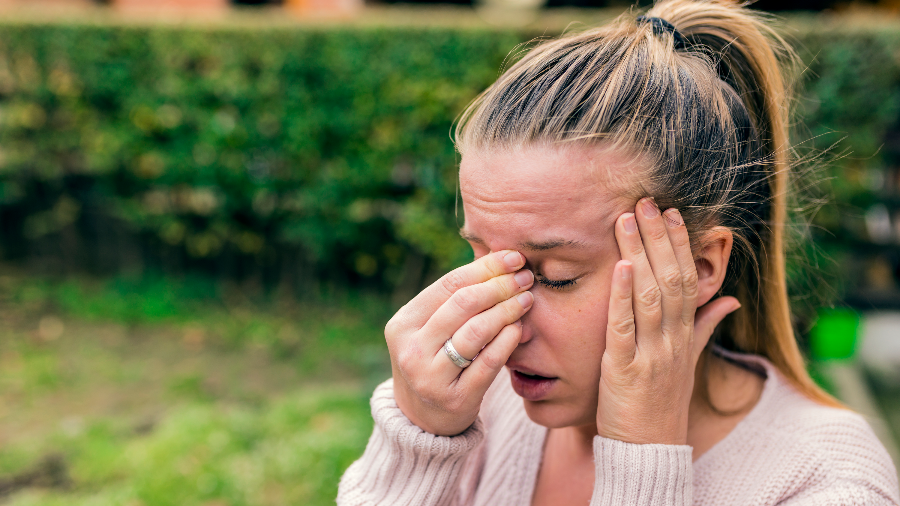How Sleep Apnea Increases Risks for Serious Conditions Like Stroke
Sleep apnea is a condition of aging. It occurs when the airway becomes obstructed while we sleep, interrupting our breathing. The older we get, the higher the risk of developing this condition and its associated complications — such as stroke. By knowing the signs of sleep apnea and being screened for it, you can avoid or reduce the likelihood of having a stroke or other serious complications.
The Connection Between Sleep Apnea and Stroke
Sleep apnea is an especially significant trigger for stroke. For patients who have had a stroke or a mini-stroke (known as a Transient Ischemic Attack), about 70 percent also had sleep apnea. On the flipside, patients who have sleep apnea are two to four times more likely to have a stroke at some point in their lives. Sleep apnea also can lead to complications such as high blood pressure and heart disease, which also are contributing factors to stroke.
About 80 percent of Americans with any form of sleep apnea remain undiagnosed and untreated, according to estimates from the American Sleep Association. A number of those may be at risk for stroke, especially if older.
Controlling Apnea Can Improve Other Conditions
Because sleep apnea is a risk factor for many other diseases, controlling it can reduce the likelihood of conditions such as high blood pressure, diabetes, heart rhythm issues and strokes. Early detection is key for patients to avoid such complications and also can decrease the amount of medication they may need for other conditions.
For instance, a patient often requires several medications to control their high blood pressure. By correcting their apnea, they may be able to cut their heart medications by a third or even by half. In that way, addressing sleep apnea acts as a treatment for other conditions.
Detecting Sleep Apnea
Different characteristics can indicate sleep apnea in men and women. Men often seek medical attention after a spouse witnesses them stop breathing while snoring and becomes alarmed. While snoring does not always mean you have sleep apnea, more severe cases of snoring often are linked to it. And although weight can worsen sleep apnea, you don’t have to be obese to suffer from the condition. Sometimes all it takes is an abnormal anatomical function or airway.
For women, sleep apnea often is linked to reports of insomnia. Don’t ignore insomnia, because it is often your body trying to protect you from dying in your sleep — to essentially keep you moving and breathing.
Some patients often say they never felt any symptoms. This is less surprising when we understand that a person gets used to a certain level of function and remains in that space without realizing something is wrong. Only after treatment does the patient become aware that they have more energy and can do activities they once avoided.
Tips and Treatments
If you are concerned that you may have sleep apnea:
-
Spread awareness to family members.
-
Avoid behaviors that can exacerbate the condition. Drinking alcohol at night, for example, can affect the airway that needs to be kept open.
-
Rule out sleep apnea before taking a sleep aid. Drugs to help you sleep can worsen apnea. Besides suppressing the brain, these medicines also weaken the muscle tone of the airway, which increases airway obstruction. Be careful.
-
Refer someone you are worried about to a sleep specialist to be tested.
Treatments for sleep apnea vary, but the most popular is positive airway pressure (PAP, CPAP) followed by Bilevel (BiPAP). In another protocol, the machine senses apnea and increases pressure to stabilize breathing. For less severe cases, another solution may be an oral appliance made by a dentist.
Choose to Stay in Touch
Sign up to receive the latest health news and trends, wellness & prevention tips, and much more from Orlando Health.
Sign Up










